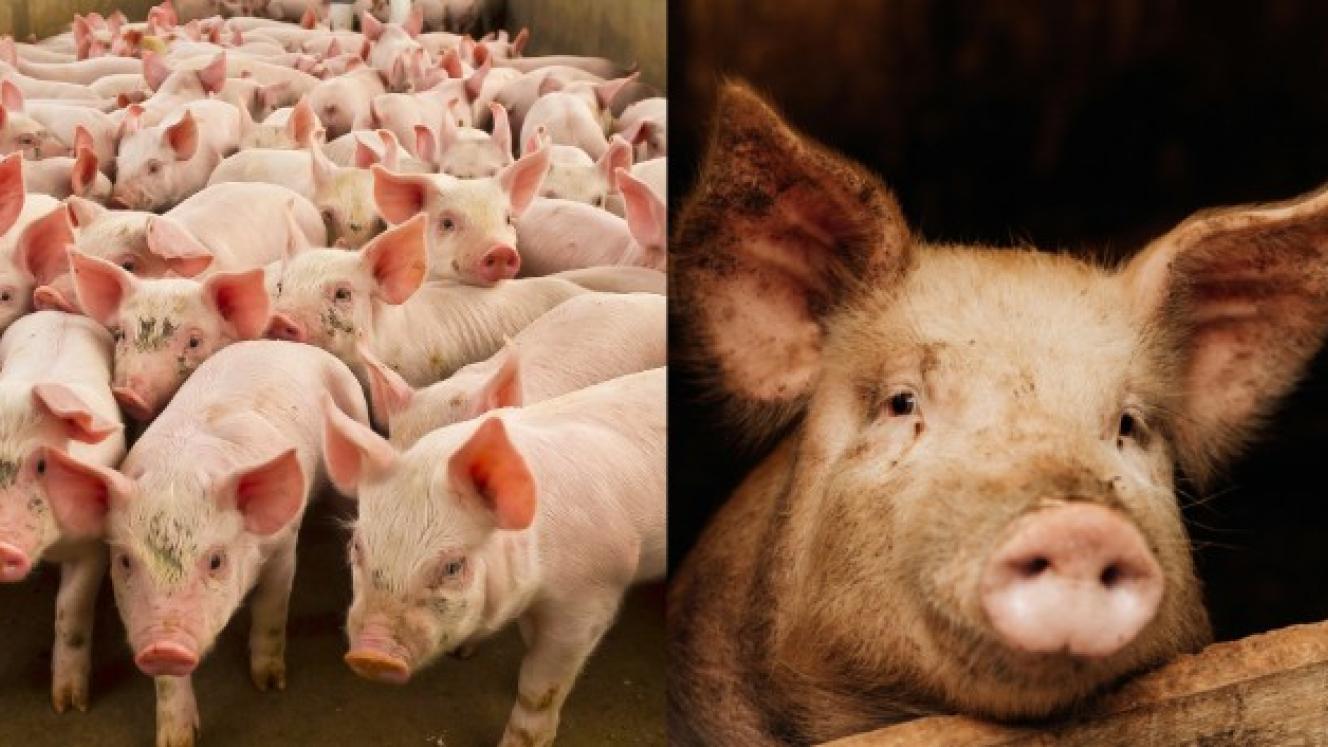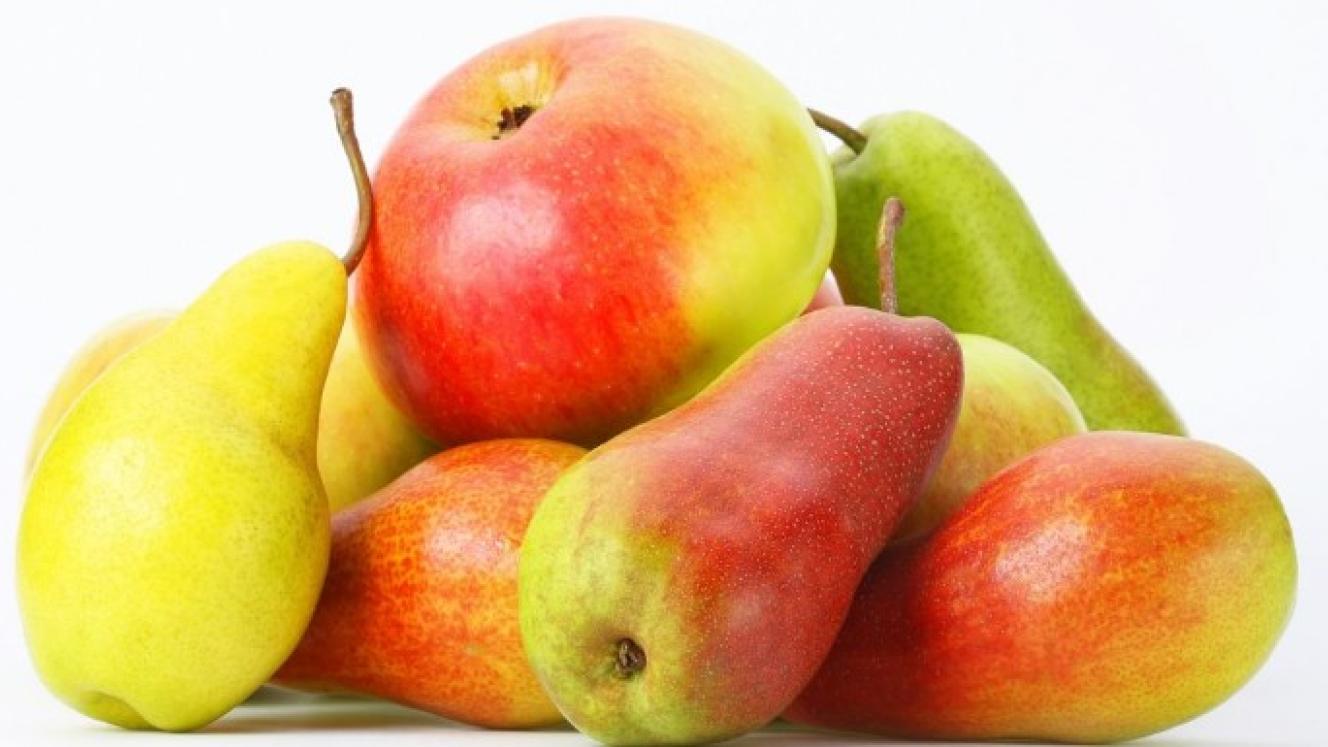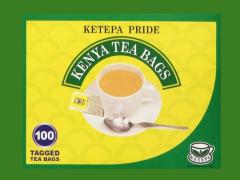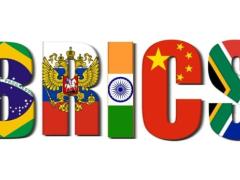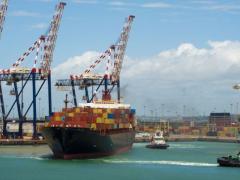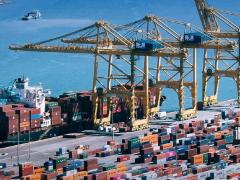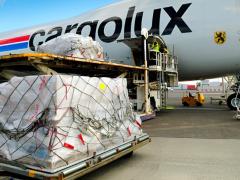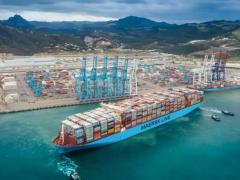Washington’s trade delegates had not responded to their South African counterparts’ request for an answer about a set of accommodations and commitments tabled, trade and industry minister Parks Tau said on Thursday afternoon.
With hours remaining before the August 1 deadline would expire, when the Trump administration would implement tariff increases of 30% on South African exports, Tau said the US negotiators said there was no finality about the tariffs.
He said it was suggested that the Department of Trade, Industry and Competition (DTIC) should revise the recommendations for an amicable way to maintain trade relations by introducing a better offer.
It would then be considered by the White House, Tau said, indicating that another postponement on the tariffs seemed possible.
In response to a question of whether Washington harboured political differences with Pretoria, and whether this might be the reason why there was no resolution, Tau said it was part of the negotiated settlement South Africa was working towards.
He said international relations minister Ronald Lamola had been handling that process, spending a significant amount of time in the US, trying to avoid a further breakdown of trade relations with the country.
Tau also mentioned that the US trade team had emphasised the difficulty its pork exporters had accessing the South African market.
This is primarily because the local pork industry wants to maintain barriers to entry based on avoiding Porcine Reproductive and Respiratory Syndrome (PRRS), an affliction the US pork industry is battling to shake.
Dr Peter Evans, CEO of the SA Pork Producers’ Organisation, has warned that if the country relaxes its entry restrictions for the sake of US pork, PRRS could be introduced to local piggeries with devastating effect.
He said it was not that the local industry had placed a ban on ‘dumping’ from the US. Rather it was a case of disease control that applied to all importers, not just the US.
This has been confirmed by Johann Kotzé, CEO of Agri SA, who warned that PRRS could destroy South Africa’s pork industry.
He said the PRRS issue seemed to be used as leverage by the US in a pork-for-citrus trade off.
Kotzé has said that, although it was well known how bad it would be for citrus exports if 30% tariff increases came into effect, the pork industry’s PRRS-free status should not be sacrificed for fruit shipments.
Tau not only confirmed that the PRRS issue had been raised by US trade delegates on Wednesday but added that no potential trade deal with the US was on the table.
The set of trade accommodations announced earlier this week by the DTIC does not include relaxed pork import restrictions.
* At 3:30pm on Thursday, 31 July, this was still a developing story.
